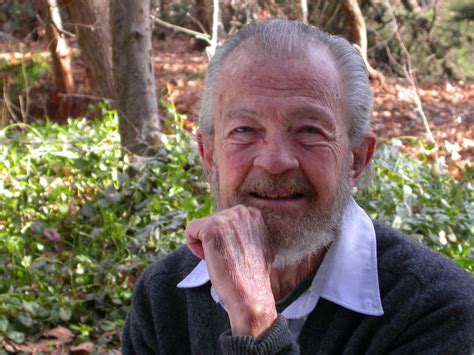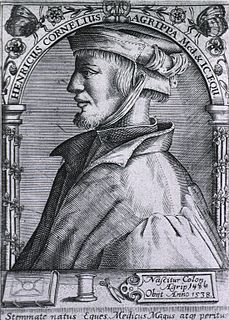A Quote by Humphry Davy
James Watt was equally distinguished as a natural philosopher and chemist; his inventions demonstrate his profound knowledge of those sciences, and that peculiar characteristic of genius - the union of them for practical application.
Related Quotes
Genius is by definition a style of consciousness characterized by the ability to access high energy attractor patterns. It is not a personality characteristic. It is not something that a person has, nor even something that someone is. Those in whom we recognize genius commonly disclaim it. A universal characteristic of genius is humility. The genius has always attributed his insights to some higher influence.
In the latter sense, a man has a property in his opinions and the free communication of them. He has a property of peculiar value in his religious opinions, and in the profession and practice dictated by them. He has an equal property in the free use of his faculties and free choice of the objects on which to employ them. In a word, as a man is said to have a right to his property, he may be equally said to have a property in his rights.
It must be for truth's sake, and not for the sake of its usefulness to humanity, that the scientific man studies Nature. The application of science to the useful arts requires other abilities, other qualities, other tools than his; and therefore I say that the man of science who follows his studies into their practical application is false to his calling. The practical man stands ever ready to take up the work where the scientific man leaves it, and adapt it to the material wants and uses of daily life.
Natural Magick is taken to be nothing else, but the chief power of all the natural Sciences; which therefore they call the top and perfection of Natural Philosophy, and which is indeed the active part of the same; which by the assistance of natural forces and faculties, through their mutual & opportune application, performs those things that are above Human Reason.
A genius is the man in whom you are least likely to find the power of attending to anything insipid or distasteful in itself. He breaks his engagements, leaves his letters unanswered, neglects his family duties incorrigibly, because he is powerless to turn his attention down and back from those more interesting trains of imagery with which his genius constantly occupies his mind.
Those who assert that the mathematical sciences say nothing of the beautiful or the good are in error. For these sciences say and prove a great deal about them; if they do not expressly mention them, but prove attributes which are their results or definitions, it is not true that they tell us nothing about them. The chief forms of beauty are order and symmetry and definiteness, which the mathematical sciences demonstrate in a special degree.
Long intervals frequently elapse between the discovery of new principles in science and their practical application... Those intellectual qualifications, which give birth to new principles or to new methods, are of quite a different order from those which are necessary for their practical application.
Nothing is so much coveted by a young man as the reputation of being a genius; and many seem to feel that the want of patience for laborious application and deep research is such a mark of genius as cannot be mistaken: while a real genius, like Sir Isaac Newton, with great modesty says, that the great and only difference between his mind and the minds of others consisted solely in his having more patience.
Many people have written about the economic meaning of globalization; in One World Peter Singer explains its moral meaning. His position is carefully developed, his tone is moderate, but his conclusions are radical and profound. No political theorist or moral philosopher, no public official or political activist, can afford to ignore his arguments.
A … difference between most system-building in the social sciences and systems of thought and classification of the natural sciences is to be seen in their evolution. In the natural sciences both theories and descriptive systems grow by adaptation to the increasing knowledge and experience of the scientists. In the social sciences, systems often issue fully formed from the mind of one man. Then they may be much discussed if they attract attention, but progressive adaptive modification as a result of the concerted efforts of great numbers of men is rare.





































